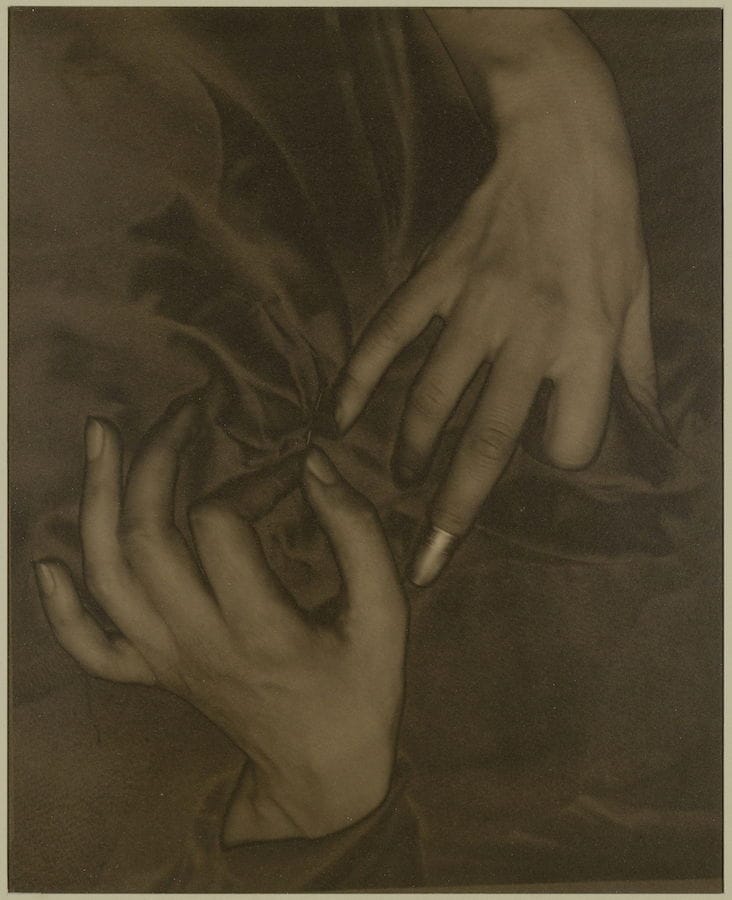There's no escaping human connection

In The Great Divorce C. S. Lewis describes hell as an endlessly expanding, empty city. The people who live there are forever trying to get further away from each other, moving further outwards in an effort to find a comfortable isolation. It's a place where you can have anything you want just by imagining it, but nothing is really real. The houses are beautiful but the rain falls right through them.
Anyone can leave hell whenever they want. A bus comes every day that will take you away to a clearing where you'll be met by someone you knew when you were alive. They'll walk with you to heaven, but the journey will hurt. Because you've been living in hell so you are now no longer quite real and everything around you is. The grass stabs at your feet, the water is as hard as stone.
And more than this, your guide will ask you to talk about who you actually are. They'll ask you to confront and consider the life you lived, to see yourself clearly and honestly and accept what you see.
None of us like being honest about who we really are, even with ourselves, but the idea of doing that with another person is excruciating. Of all the things we know we must do in order to be fulfilled and healthy human adults, being vulnerable with other people is the worst.
We like to delude ourselves, I think, into believing that all our frailties are insignificant as long as no one knows about them. What does it matter that I'm petty, or lazy, or broken if no one else is ever aware of that I am?
